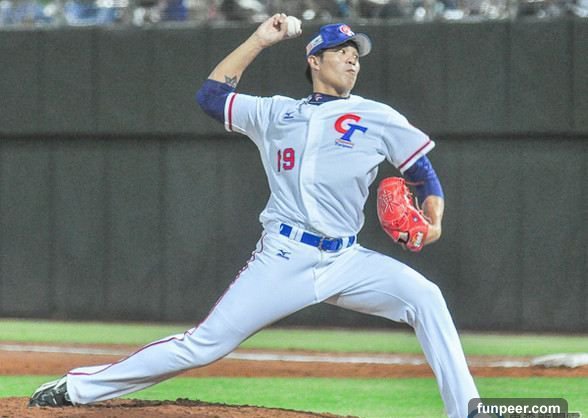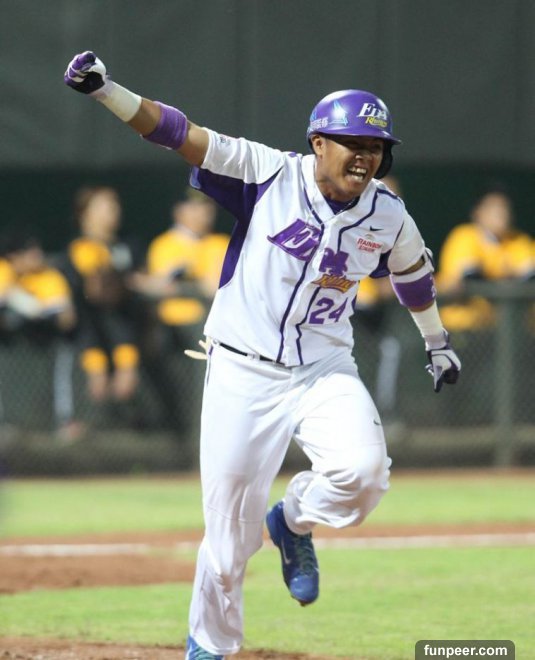Major League Baseball toughens drug-testing
NEW YORK---In the wake of the Biogenesis scandal that led to 14 player suspensions last summer, Major League Baseball and its players" union announced Friday they are toughening penalties and increasing the frequency of testing in the most substantial revisions to their drug agreement in eight years.
Players suspended during the season for a performance-enhancing drug violation will not be eligible for that year"s postseason. In addition, the penalty will increase from 50 games to 80 for a first testing violation and from 100 games to a season-long 162 for a second. A third violation remains a lifetime ban.
While there were two to four MLB suspensions annually from 2008-11, the number increased to 12 in 2012 and 14 players were penalized following last year"s investigation of the Biogenesis anti-aging clinic in Florida that has been accused of dispensing banned drugs to players.
Among them were former National League Most Valuable Player Ryan Braun, who agreed to a 65-game ban, and three-time American League Most Valuable Player Alex Rodriguez, who is suspended for the entire 2014 season.
“Obviously, that showed that there was a need for harsher and stiffer penalties — and this is a very clear and resounding answer for all of that,” Los Angeles Dodgers catcher A.J. Ellis said.
Detroit shortstop Jhonny Peralta and Texas outfielder Nelson Cruz returned from their 50-game suspensions in time to participate in last fall"s MLB playoffs. Peralta became a free agent and was given a US$53 million, four-year contract by St. Louis during the offseason.
“In the past it hasn"t been fair that guys, they get popped, they serve their suspension and they come back and play in the playoffs,” said Oakland reliever Sean Doolittle, whose team lost to Peralta and the Tigers in the division series. “Then on top of that, guys parlay it into a bigger contract and getting a raise ... it was frustrating, mainly because he did so well against us.”
Criticized for being slow to react to steroids in the 1990s, Major League Baseball started drug testing with penalties in 2004, established a 10-day suspension for an initial testing violation in 2005 and increased the penalty to 50 games in 2006.
But in the last year or two, many players spoke out and said the deterrent wasn"t sufficient.
“You"ve got to put things in place better to get them caught. That"s the thing. People do it when they think they can get away with it,” Arizona pitcher Brad Ziegler said.
The new head of the players" union, Tony Clark, a former MLB All-Star himself, said his members wanted to make sure “a player is not coming back and affecting a change in the postseason as a result of the decision that particular player made earlier in the year.”
“Our hope here is that the adjustments that we"ve made do inevitably get that number to zero,” Clark said. “In the event that that doesn"t happen, for whatever reason, we"ll reevaluate and move forward from there.”
In addition to the postseason ban, players who serve a drug suspension will not be eligible for automatic postseason money shares, though may be given cash awards at the discretion of their teammates.
A player serving a season-long suspension will also lose all his pay. Under the previous rules, Rodriguez gets 21-183rds of his salary this year, or US$2,868,852.
“Although we had the strongest program in professional sports before these changes, I am committed to constantly finding ways to improve the program in order to eradicate performance-enhancing drugs from the game,” said MLB Commissioner Bud Selig, who had called a year ago for harsher penalties.
Players suspended during the season for a performance-enhancing drug violation will not be eligible for that year"s postseason. In addition, the penalty will increase from 50 games to 80 for a first testing violation and from 100 games to a season-long 162 for a second. A third violation remains a lifetime ban.
While there were two to four MLB suspensions annually from 2008-11, the number increased to 12 in 2012 and 14 players were penalized following last year"s investigation of the Biogenesis anti-aging clinic in Florida that has been accused of dispensing banned drugs to players.
Among them were former National League Most Valuable Player Ryan Braun, who agreed to a 65-game ban, and three-time American League Most Valuable Player Alex Rodriguez, who is suspended for the entire 2014 season.
“Obviously, that showed that there was a need for harsher and stiffer penalties — and this is a very clear and resounding answer for all of that,” Los Angeles Dodgers catcher A.J. Ellis said.
Detroit shortstop Jhonny Peralta and Texas outfielder Nelson Cruz returned from their 50-game suspensions in time to participate in last fall"s MLB playoffs. Peralta became a free agent and was given a US$53 million, four-year contract by St. Louis during the offseason.
“In the past it hasn"t been fair that guys, they get popped, they serve their suspension and they come back and play in the playoffs,” said Oakland reliever Sean Doolittle, whose team lost to Peralta and the Tigers in the division series. “Then on top of that, guys parlay it into a bigger contract and getting a raise ... it was frustrating, mainly because he did so well against us.”
Criticized for being slow to react to steroids in the 1990s, Major League Baseball started drug testing with penalties in 2004, established a 10-day suspension for an initial testing violation in 2005 and increased the penalty to 50 games in 2006.
But in the last year or two, many players spoke out and said the deterrent wasn"t sufficient.
“You"ve got to put things in place better to get them caught. That"s the thing. People do it when they think they can get away with it,” Arizona pitcher Brad Ziegler said.
The new head of the players" union, Tony Clark, a former MLB All-Star himself, said his members wanted to make sure “a player is not coming back and affecting a change in the postseason as a result of the decision that particular player made earlier in the year.”
“Our hope here is that the adjustments that we"ve made do inevitably get that number to zero,” Clark said. “In the event that that doesn"t happen, for whatever reason, we"ll reevaluate and move forward from there.”
In addition to the postseason ban, players who serve a drug suspension will not be eligible for automatic postseason money shares, though may be given cash awards at the discretion of their teammates.
A player serving a season-long suspension will also lose all his pay. Under the previous rules, Rodriguez gets 21-183rds of his salary this year, or US$2,868,852.
“Although we had the strongest program in professional sports before these changes, I am committed to constantly finding ways to improve the program in order to eradicate performance-enhancing drugs from the game,” said MLB Commissioner Bud Selig, who had called a year ago for harsher penalties.










